-
 Hello! I am the Oriental ChatBot. Just let me know what you need, and I will be happy to help.
Hello! I am the Oriental ChatBot. Just let me know what you need, and I will be happy to help.
-
 Choose your Language preference.
Choose your Language preference.

Crawler Pipelayer

Rotated Pipelayer

Mountain Pipelayer
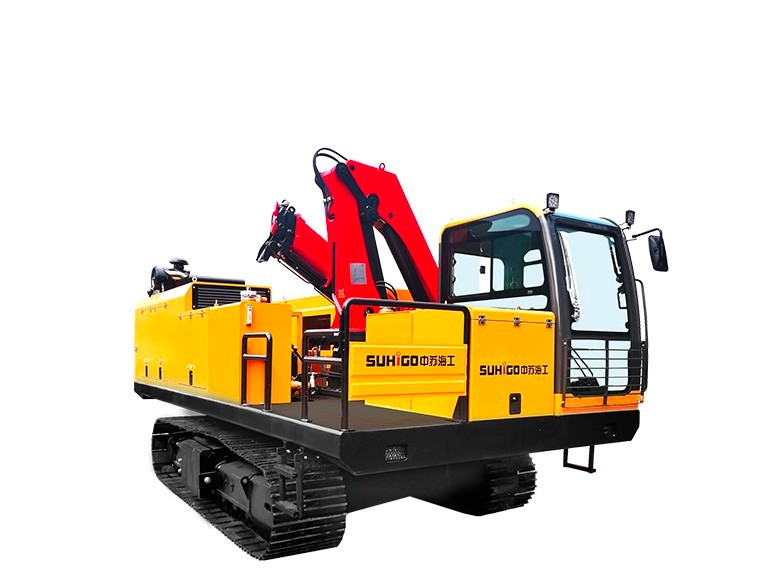
Folding Arm Paywelder
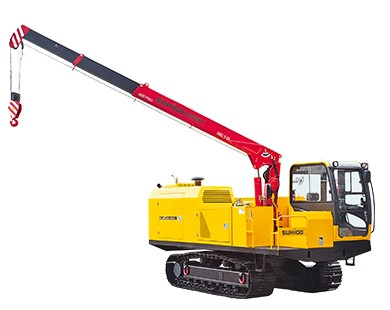
Straight Arm paywelder

Pipe bending machine
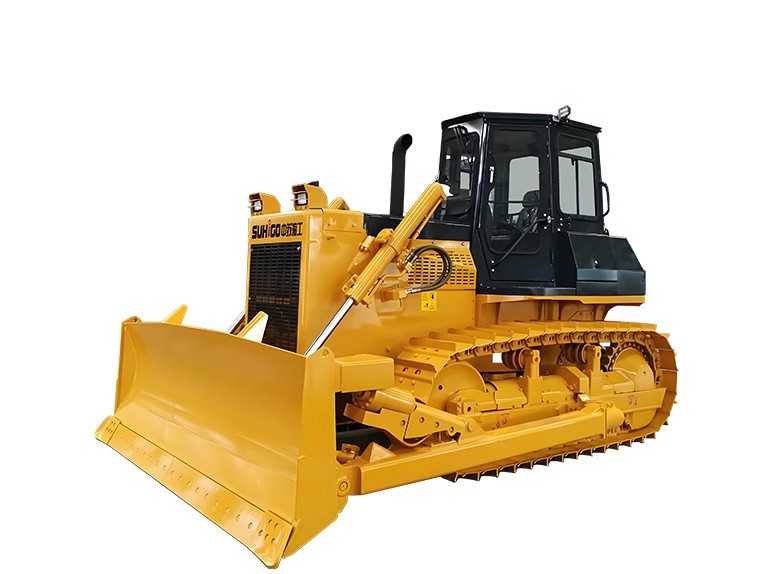
Bulldozer

Groove Machine
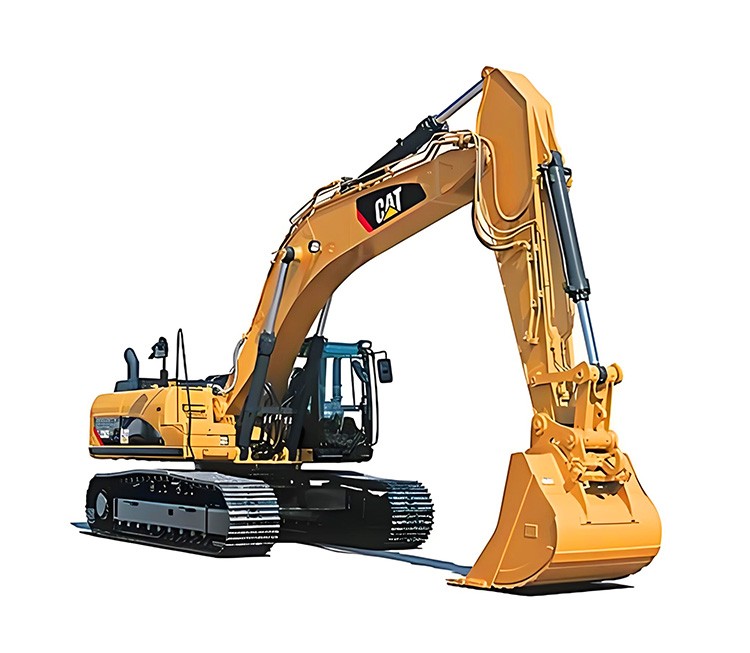
Caterpillar excavators
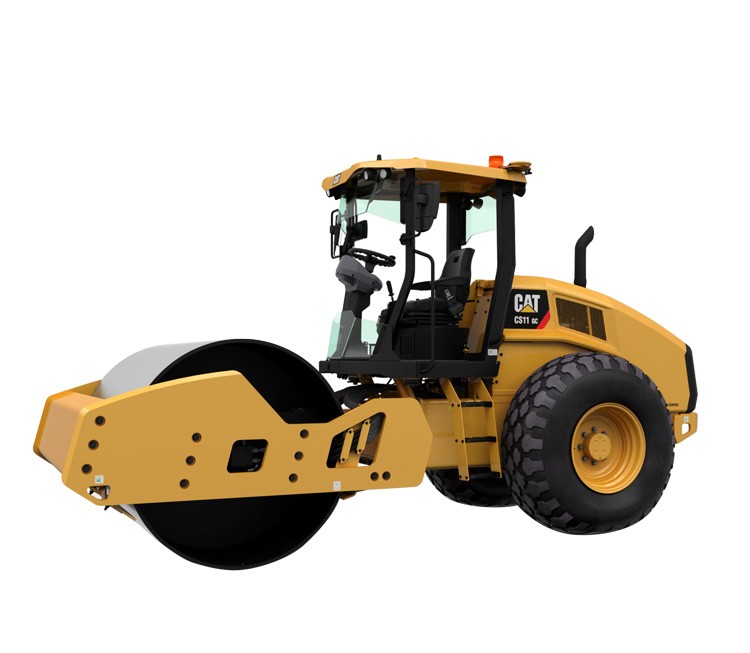
Vibratory soil compactors
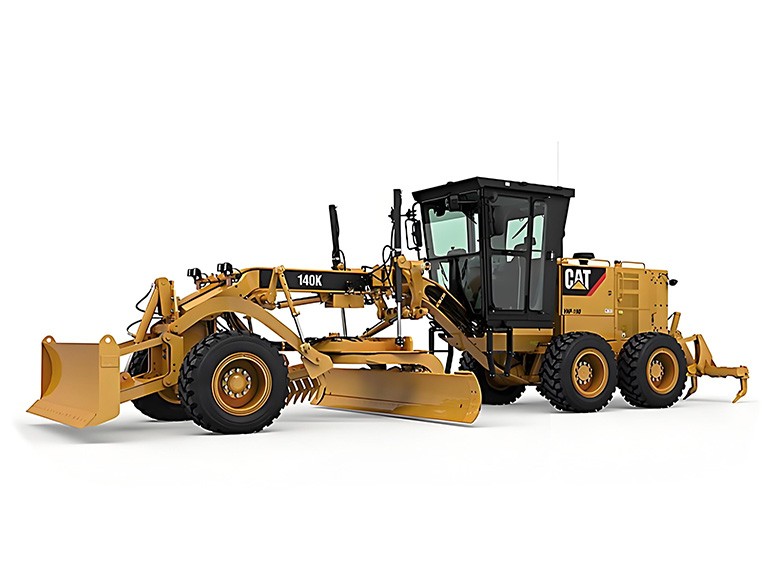
Motor grader
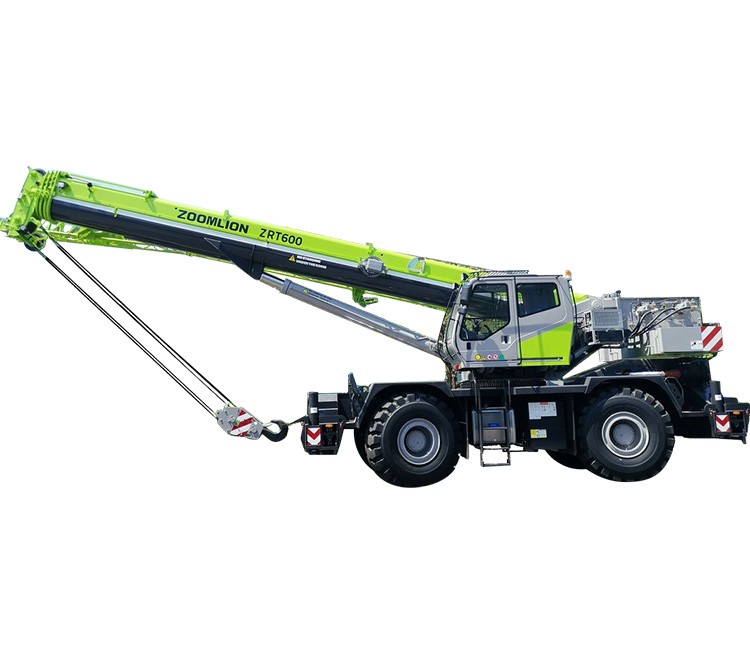
Automobile crane

Toyota hilux pick up

Off-road vehicle
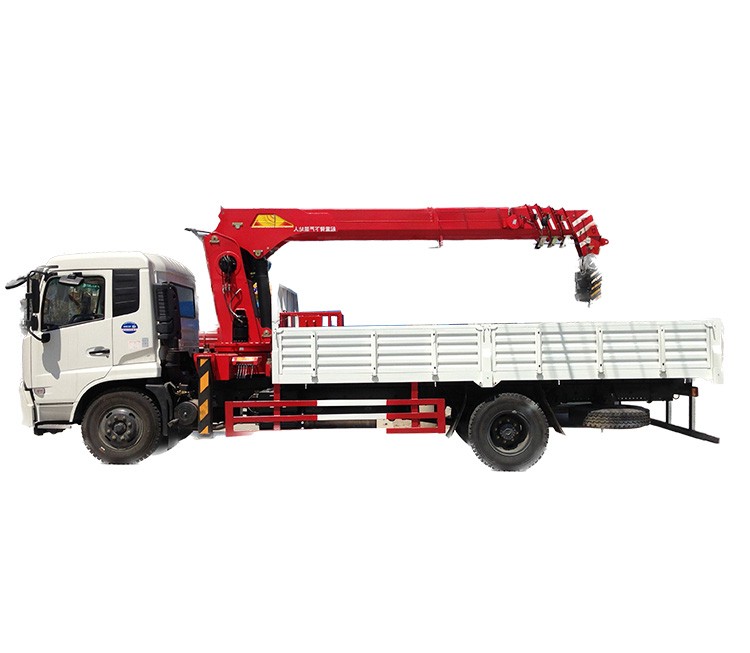
truck with crane
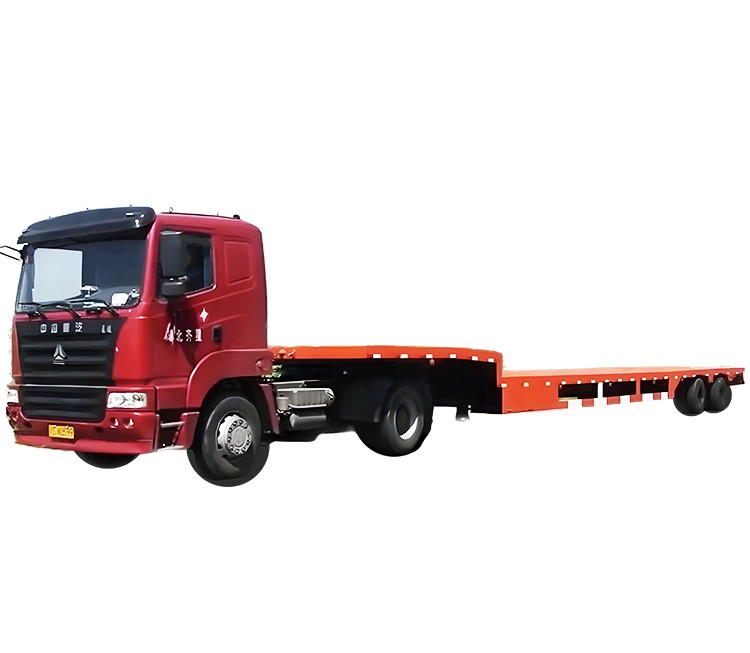
Flatbed semi-trailer
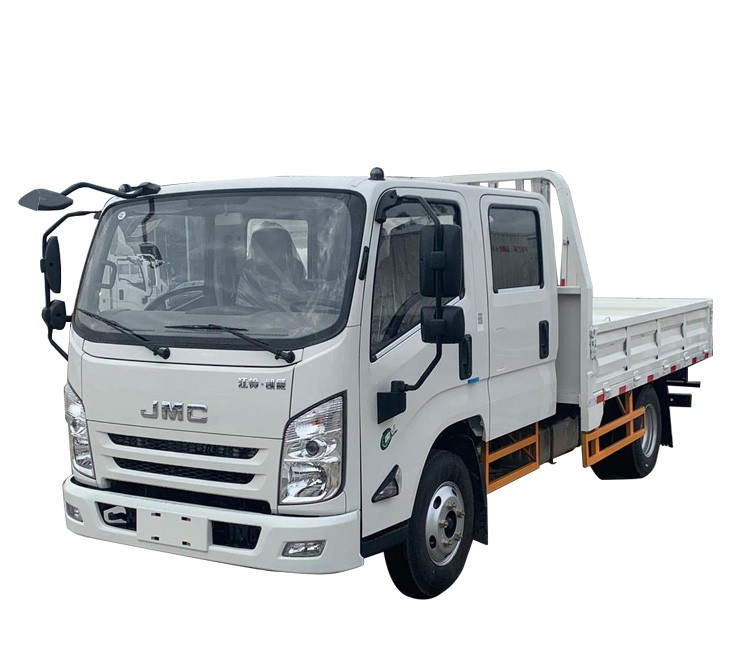
Van

Diesel generator set
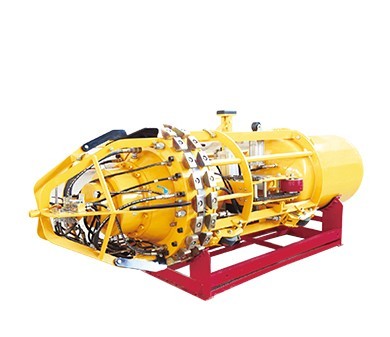
Pneumatic Internal Clamp
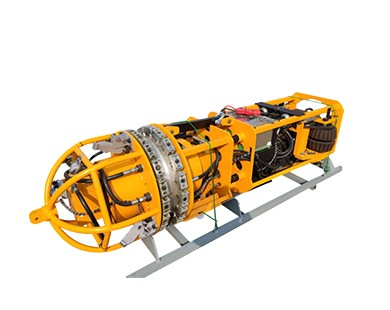
Mountain Internal Clamp
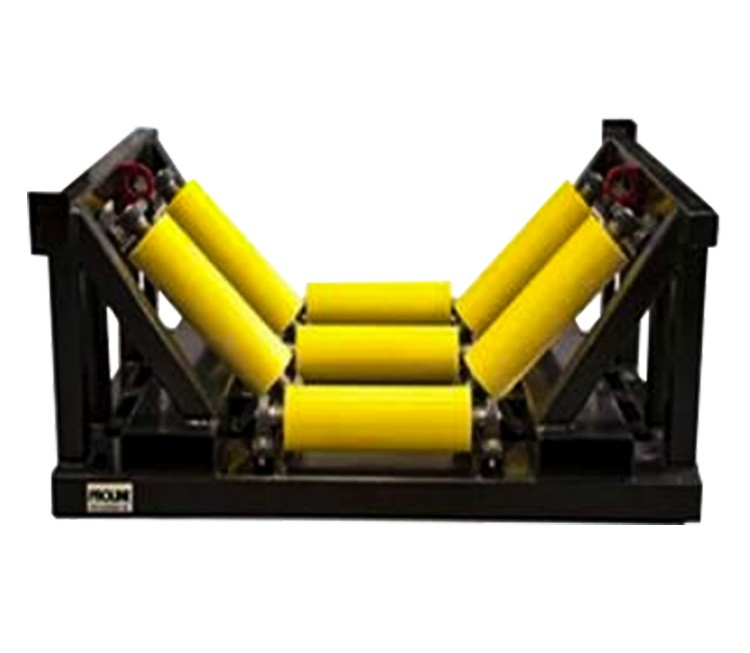
Conveyor Pulley

Conveyor Pulley

Roller Cradle

Pipe Welding Tent
Oriental Specialize Heavy Machines and Equipment Renting LLC OPC is a Abu Dhabi sub-branch company established by Langfang Haigong Machinery and Equipment Co., LTD (Brand name:Suhigo). The company covers an area of 30,000 square meters with 6 standardized production workshops. Oriental Specialize branch company inherits the expertise and experience of its parent company, with a mature technical team, service team, production team and complete production equipment in the UAE.
Oriental specialize branch company focuses on construction equipment manufacturing, sales, leasing, maintenance, Supply of bulk materials, Prefabrication of pipelines and stations, Pipeline anti-corrosion processing, Logistics warehousing and other business, Our company will continue to uphold the core values of market-oriented, customer-centered,quality-based,and service-life, and constantly improve the quality of products/services to meet customer needs.
Our Location: Al Mafraq Industrial area 119 number Factory,119 - Al Mathni St - Jarn Yafour - Abu Dhabi, UAE

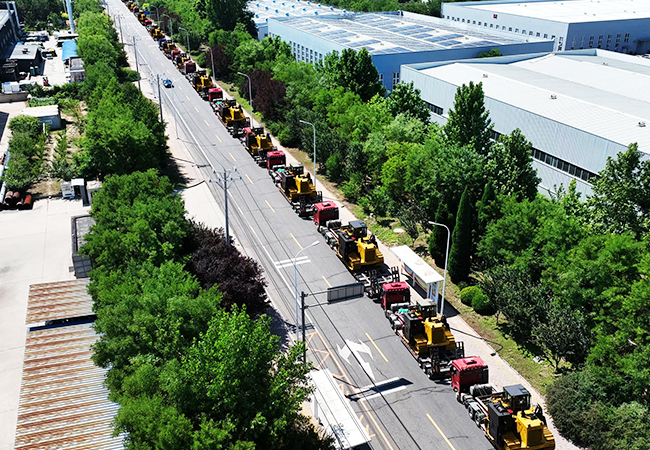
Suhigo's Crawler Pipelayer cluster has been launched to assist in the construction of the Saudi oil project
Today, fifteen 90-ton Crawler Pipelayers emblazoned with distinctive logos stood in formation at SUHIGO's manufacturing base, commencing their voyage to Saudi Arabia. This fleet of heavy-duty equipment, engineered for exceptional efficiency and extreme heat resistance, will serve as core construction assets for Saudi Arabia's major oil pipeline project, braving the harshest challenges of the Middle Eastern desert environment.
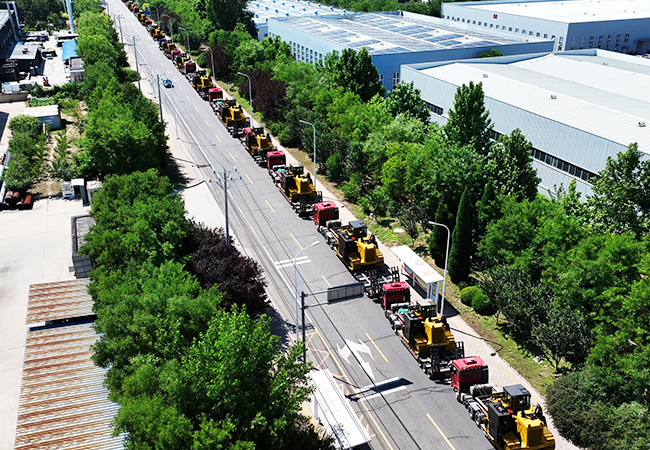
Precision Collaboration, Overcoming Delivery Challenges
Confronting dual pressures of tight deadlines and intensive production demands, SUHIGO's team activated "extreme acceleration" mode. The project unit functioned as a high-efficiency "central command system," rapidly coordinating critical components and resources globally to ensure seamless supply chain operations and sufficient production reserves. Technical specialists worked side-by-side with manufacturing teams, eliminating issues instantaneously upon detection. This tightly integrated collaboration enabled the batch production and on-time delivery of fifteen tailor-made Crawler Pipelayers, shattering conventional manufacturing timelines while maintaining rigorous quality standards.
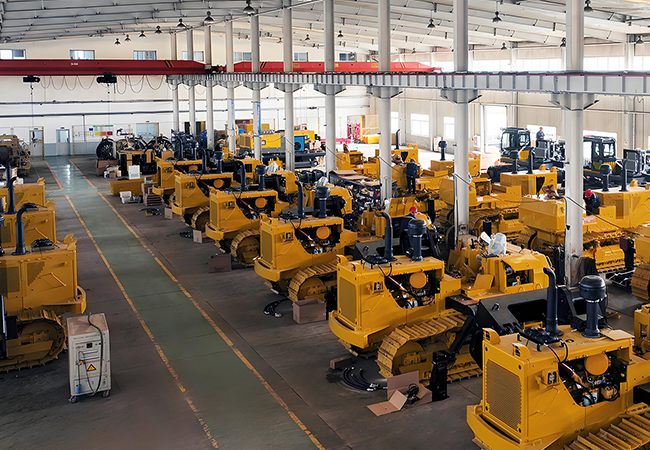
Defying the Scorching Heat, Unleashing Desert Capabilities
Crawler Pipelayers form the "steel backbone" of long-distance oil and gas pipeline construction, undertaking critical tasks including pipe laying, precision alignment, and trenching—where robust load-bearing mobility is indispensable. SUHIGO's 90-ton fleet is purpose-built to conquer extreme Middle Eastern heat: reinforced high-temperature-resistant designs and specialized thermal insulation materials protect power systems and critical hydraulic components. This ensures unwavering performance stability even under Saudi Arabia’s summer conditions exceeding 50°C, amidst blistering sands and relentless sun. These "high-temperature warriors," forged for desert operations, maintain efficient lifting and powerful mobility where conventional equipment falters or fails, delivering "all-weather, all-terrain" operational assurance for project advancement.
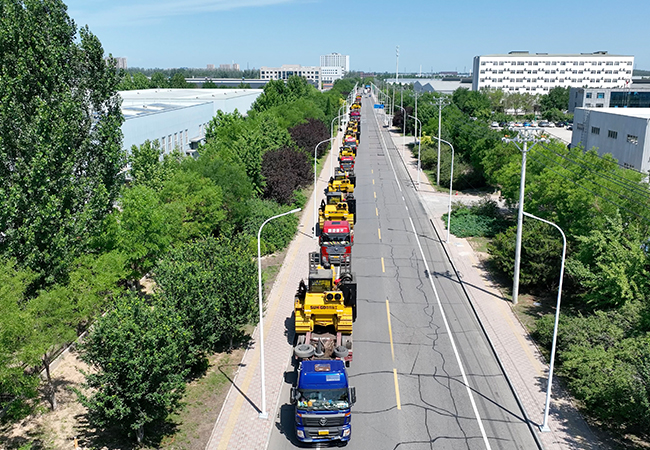
Committed to Excellence, Powering Energy Infrastructure
The successful shipment of fifteen Crawler Pipelayers marks a new project phase. SUHIGO remains steadfast in its "quality-first, reliability-driven" principle, intensifying safety and compliance protocols in subsequent production and service. Through meticulous process coordination and optimized large-scale assembly line operations, the team continuously enhances production efficiency and equipment dependability. SUHIGO is dedicated to empowering the Saudi Oil and Gas Pipeline Project—a landmark China-Saudi energy infrastructure collaboration—with safe, stable, and high-performance equipment clusters and professional support, fueling its high-quality execution.
As Chinese high-end engineering prowess converges with the Middle East’s energy vision, SUHIGO forges potent tools through seamless collaboration and conquers extreme heat with cutting-edge technology. This fleet of 90-ton Crawler Pipelayers destined for Saudi Arabia carries not only project aspirations, but also embodies "Made in China" excellence on Belt and Road territories—a shining testament to global energy infrastructure development through superior performance and reliability. In the harshest desert heartlands, they will forge the vital conduits of progress.
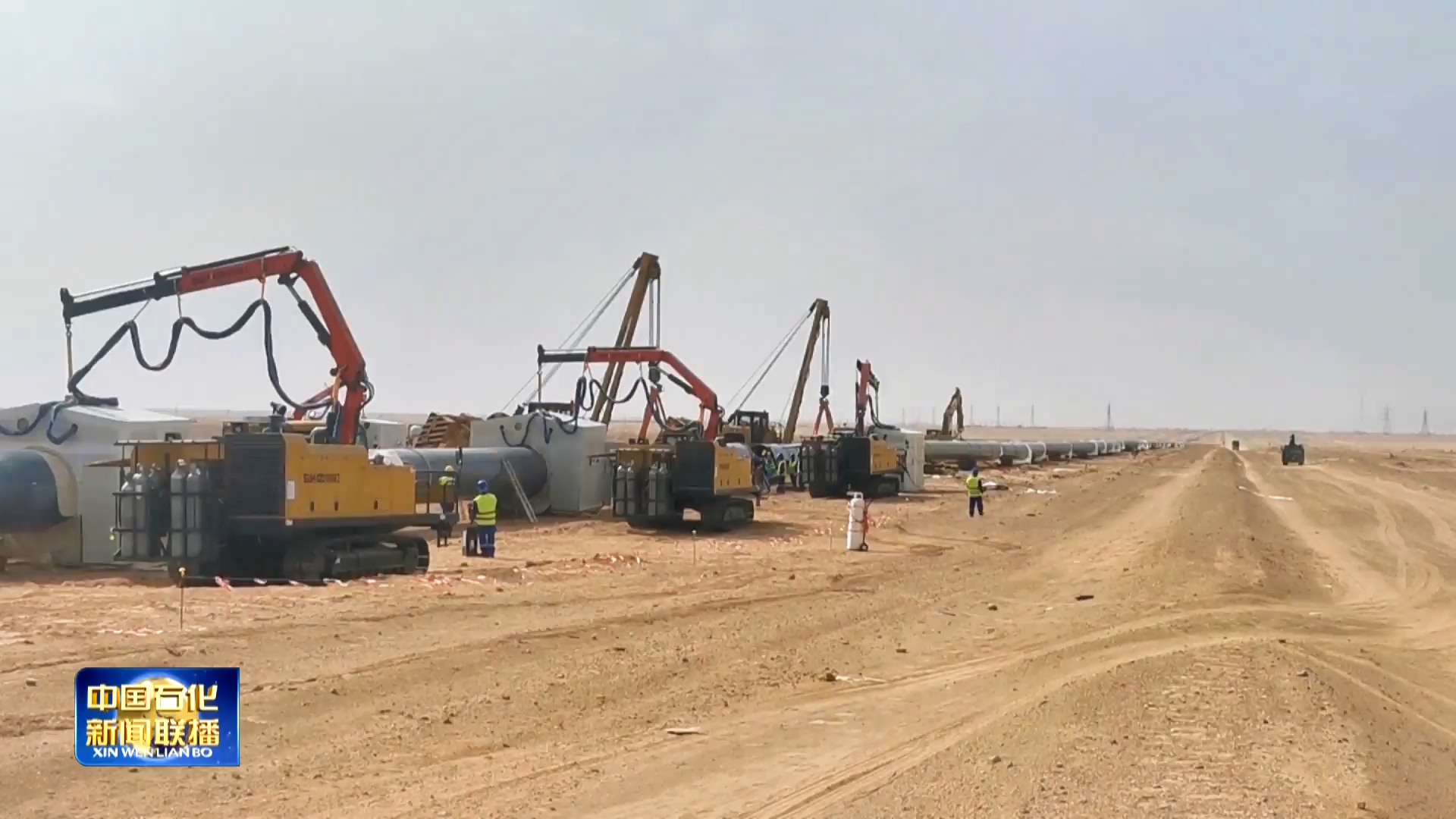
CPECC undertook the construction of the Saudi Aramco MGS Phase III project formal ignition welding
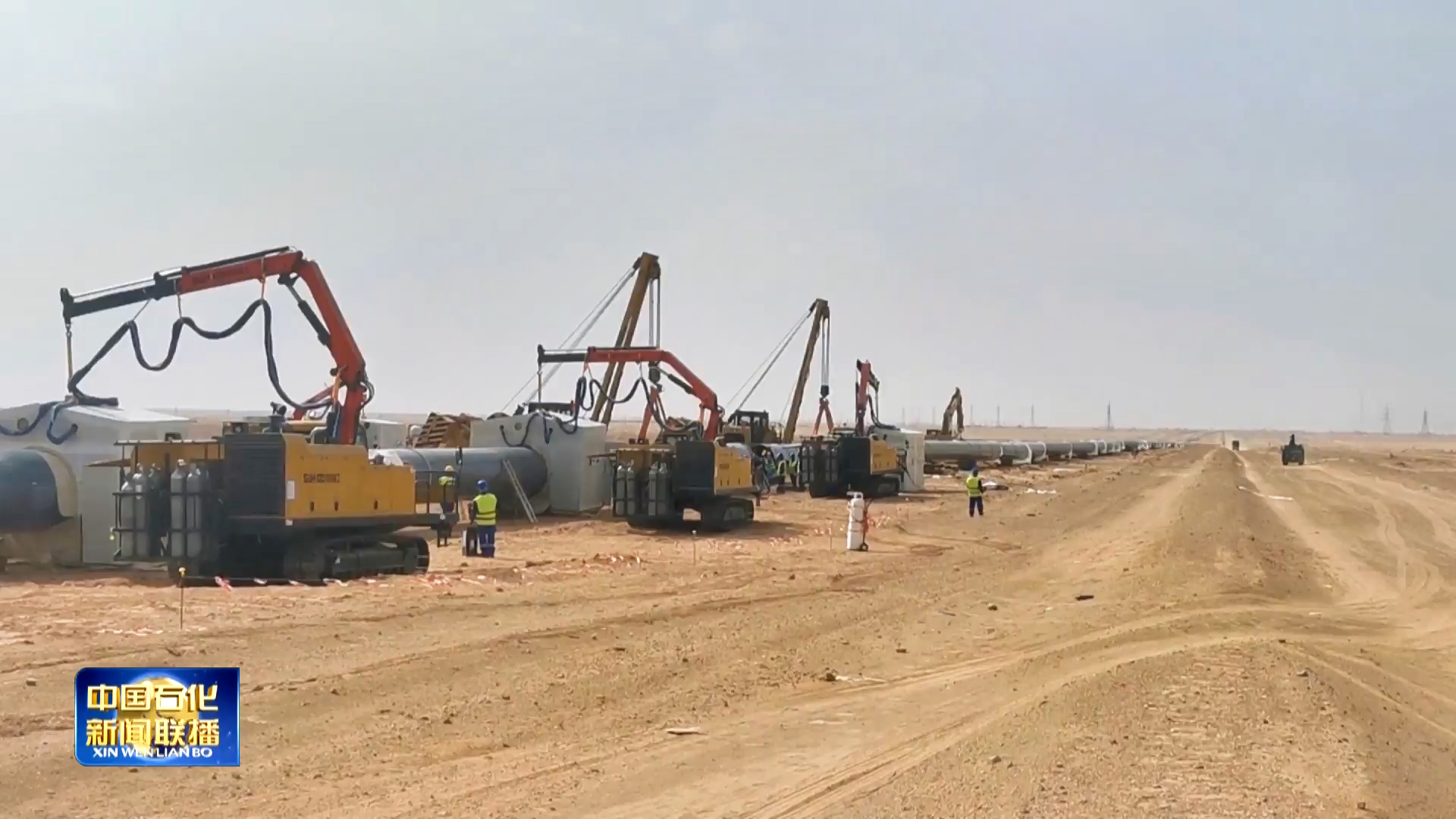
On November 30, the 6-package and 7-package projects of Saudi Aramco MGS Phase III pipeline project group, which were constructed by CPECC, were formal ignition welding, marking that the project officially entered the key stage of main engineering construction.
The pipeline length of the project is 697.49 kilometers, which is the first automatic welding project implemented by CPECC in overseas with a diameter of 1422 mm and a material of X70 large-caliber high-steel grade natural gas pipeline. During the construction, the project team strives to promote the full coverage of safety responsibilities and safety standards, formulate unified operation standards and specifications for high-risk operations, establish and implement HSE information and resource sharing deployment mechanism, and inspect key parts such as equipment and tools, site warnings, and fire fighting facilities one by one, providing a strong guarantee for the smooth progress of the project.
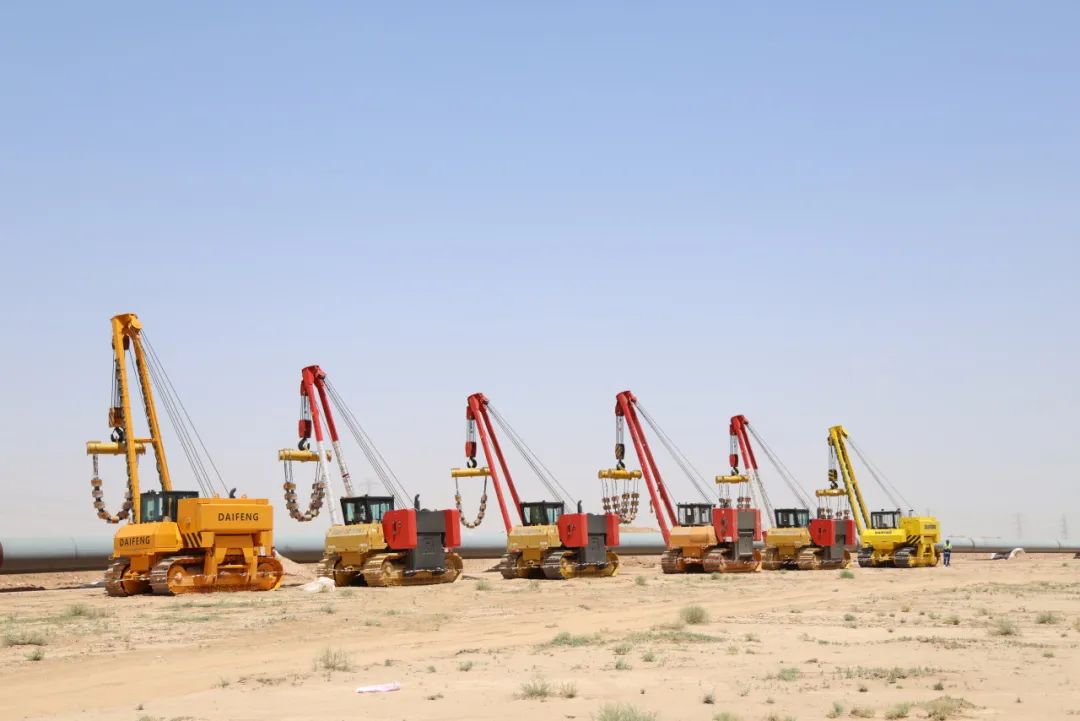
Saudi Arabia's MGS project accelerates progress, with multiple indicators setting new records
On April 23rd, the first joint construction task of the main pipeline of the 6th and 7th sections of the largest-diameter oil and gas pipeline project - the MGS Phase III Pipeline Project in Saudi Arabia, undertaken by the company's affiliated Petroleum Engineering Construction company, was successfully completed, marking the official start of the pipeline joint and backfilling work for this project.

Facing difficulties such as heavy production and operation tasks and relatively scarce resources, the Saudi MGS project department of the company, on the one hand, vigorously promotes advanced equipment and technologies such as vacuum pipe hanging machines and welding laser video surveillance, and on the other hand, implements an integrated management model and flexibly adjusts the construction arrangements during Ramadan, laying a solid foundation for the efficient advancement of the project.
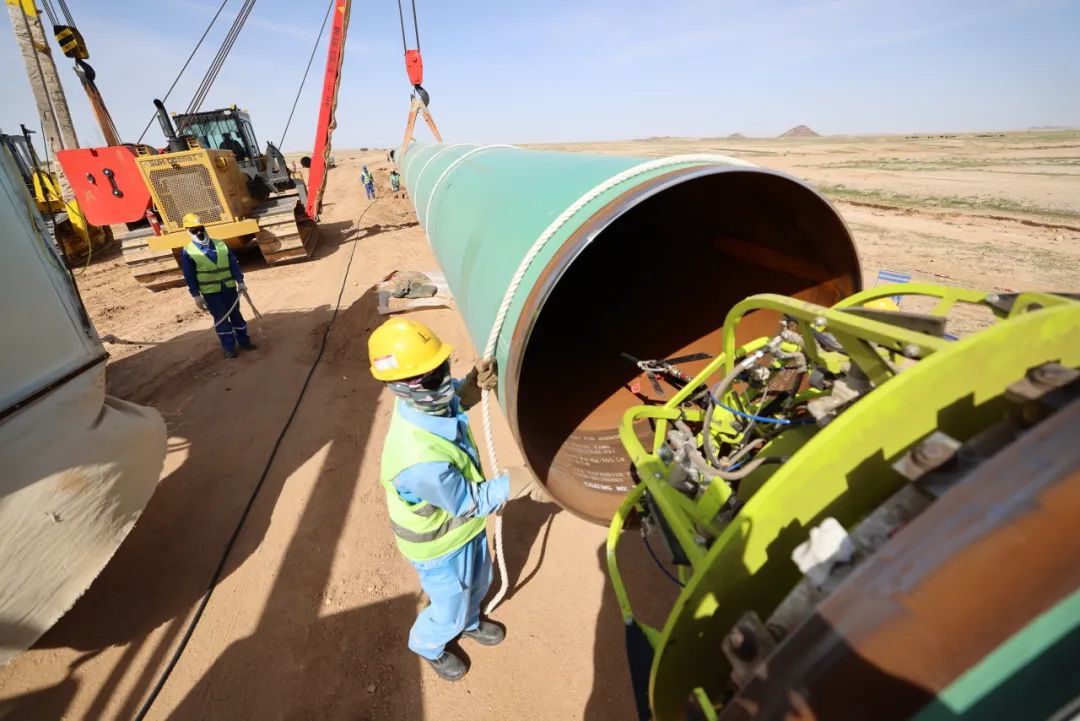
With the conclusion of the Eid al-Fitr holiday for Saudi Muslims, the project team entered an "accelerated mode", taking the welding of the main line as the core, closely coordinating the upstream and downstream processes, conducting tracking non-destructive testing, strictly controlling the welding quality, implementing quota assessment and fulfilling it the following month, effectively stimulating the enthusiasm of employees for work.
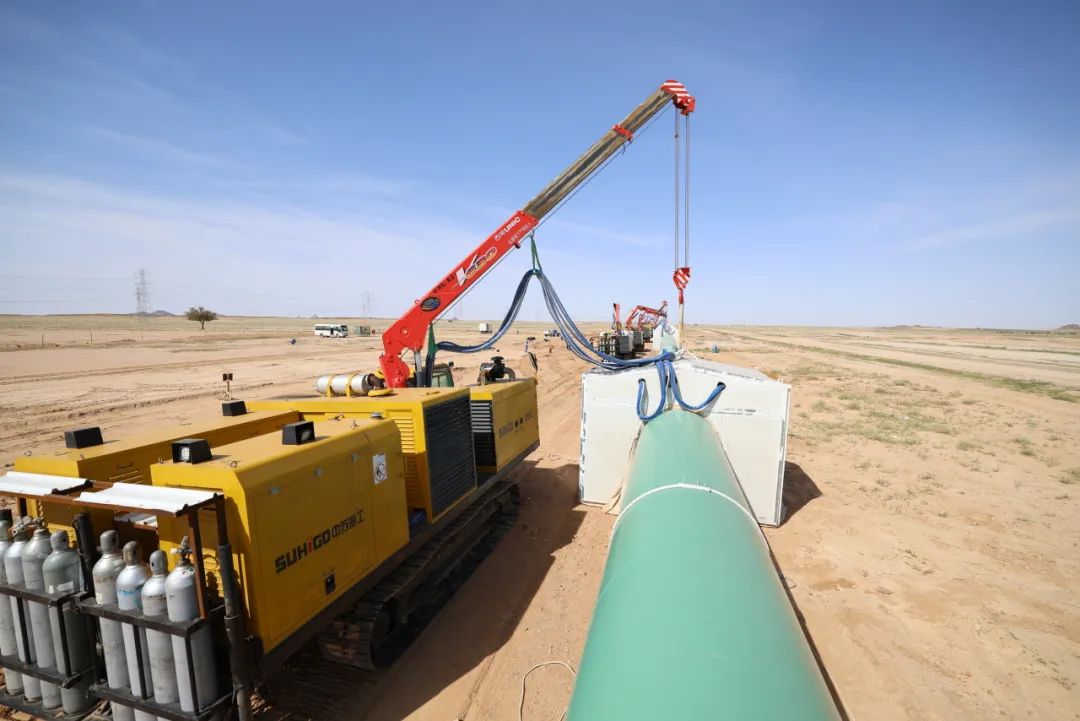
During the critical period of the project's breakthrough, the project team actively coordinated materials, ensured sufficient reserves of construction resources, and closely cooperated with the technical studio to promptly solve on-site problems. After seven days of arduous efforts, the first automatic welding unit completed 160 welds, with a one-time welding qualification rate of 100%, setting a new historical record for the company's overseas large-diameter long-distance oil and gas pipeline projects. It quickly sparked a competitive craze of "learning from each other, catching up, helping each other and surpassing".
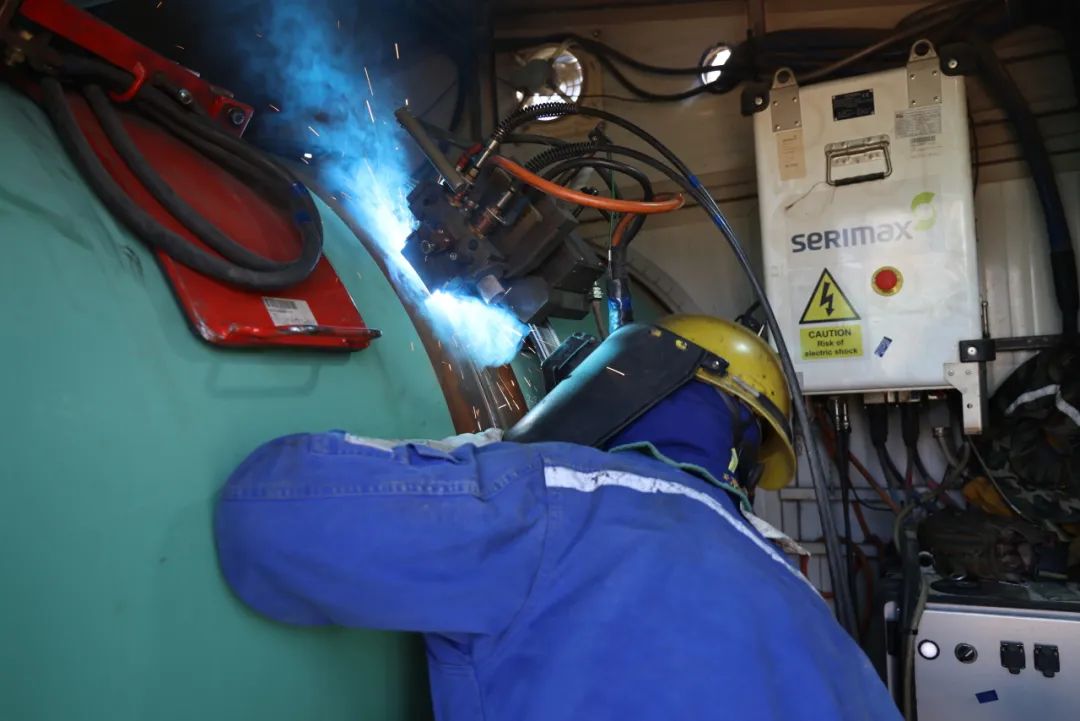
In the scorching desert atmosphere, the entire project line closely cooperated, achieving seamless connection in pipe laying, assembly, welding and other links. The daily construction of a single unit for trench excavation and pipe laying exceeded 600 meters. The automatic welding units No. 2 and No. 3 were not lagging behind, respectively achieving 24 and 20 welds in a single day, pressing the "accelerator" for the project construction with practical actions.
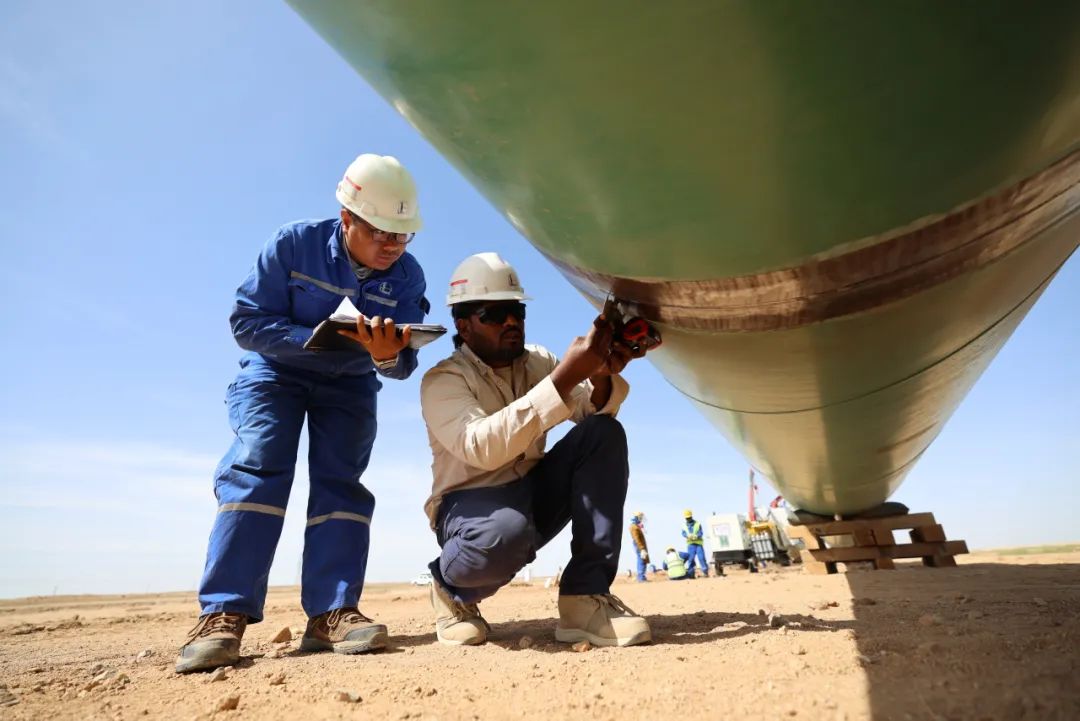
Next, the project department will adhere to the principle of "safety first and quality priority", continuously strengthen safety and compliance management, enhance the coordinated advancement of each process, accelerate the formation of large-scale assembly line operations, and promote the high-quality operation of the project.
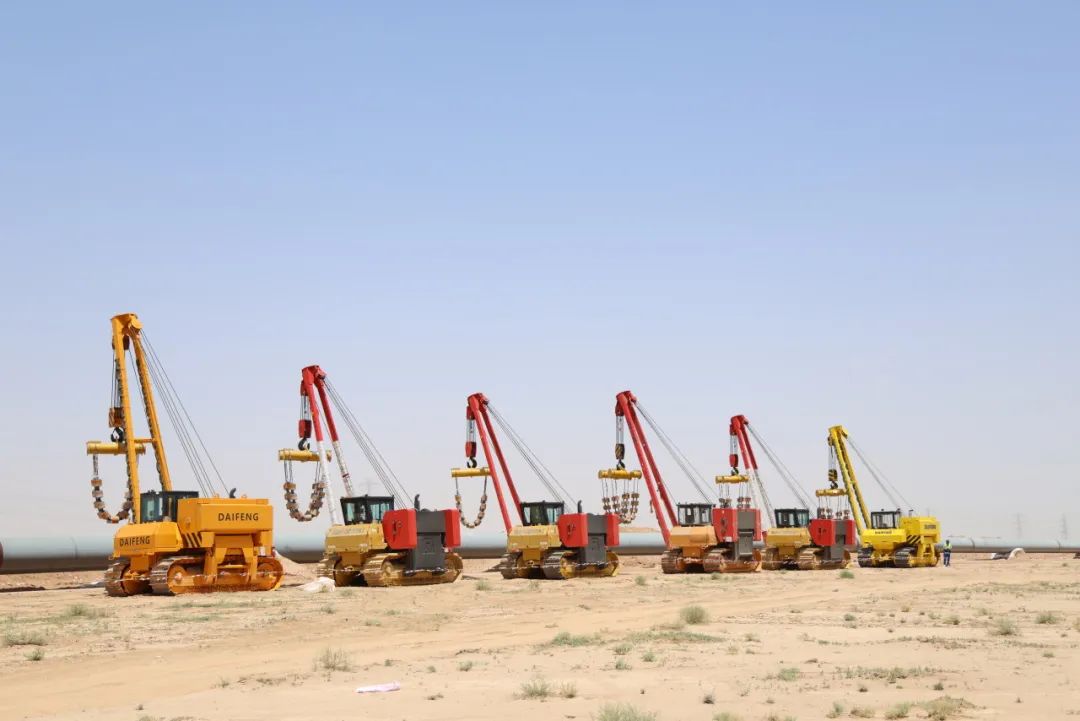
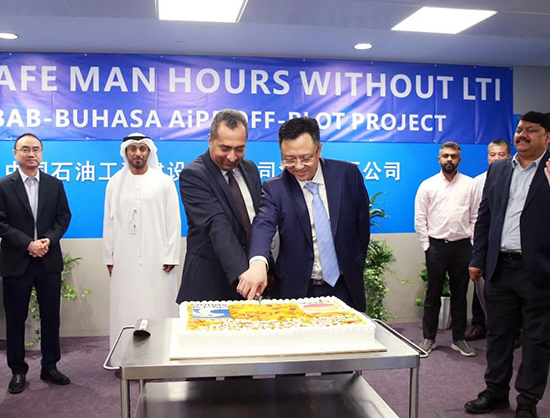
CPECC Gulf Region Company: AiP5 production project advanced with high quality
On October 2, on the MP-156 site of Bab Buhasa Oil Area, Bab Buhasa AiP5 production project of CPECC Gulf Region Company, bulldozers were roaring and earthmoving works were in full swing. "The CPECC team is a reliable partner with strong execution, verbal commitment and results in action." Wael Saleh Almessabi, Vice-president of ADNOC Onshore, spoke highly of the CPECC team's project management and schedule control capabilities.

The Bab Buhasa AiP5 production project undertaken by CPECC is ABU Dhabi National Oil Company's (ADNOC) ultra-large surface oil field EPCM project, which is also its breakthrough attempt in the field of AI numerical control. The project covers 3,980 square km in Bab and Buhasa oilfields, including 80 ADNOC Onshore Bab and Buhasa oilfields, the renovation and expansion of nearly 600 oil, water and gas Wells and 1,000 km of new long haul pipelines. Once operational, it will increase production by 116,000 BPD at Bab and 141,500 BPD at Buhasa.

"After the project is completed, we will be able to remotely control Wells hundreds of kilometers away from the central processing station." Mohammed Saleem Abbasi, regional construction manager for the AiP5 project inBuhasa, Gulf Region Company.
Build and share to play a "precise card"
As the centerpiece of ADNOC's P5 plan to increase production to 5 million BPD by 2027, the AiP5 project is based on the new EPCM project model, actively communicating with the owner, constantly exploring innovation, and improving as it is implemented.

Facing the great challenge of full production in 2027, the AiP5 project team accurately grasped the needs of the owners, proposed an innovative concept of "first oil", and worked out a phased and batch production plan with the owners, which not only realized the operation of some Wells more than one year in advance, and created additional economic benefits for the owners. It also has laid a solid foundation for the acceleration of the AiP5 project.

The EPCM model pays more attention to the flexibility and adaptability of the project, and the project team is not only the executor, but also the "technical consultant" who covers the design, procurement, construction and management.
Drawing on CPECC's rich experience in construction organization, the AiP5 project team proposed to divide the construction subcontracting into 9 main parts and select large and powerful subcontracting units with deep qualifications to cooperate. While the owner initially preferred multiple subcontractors to reduce costs, as the project model review and procurement work progressed, the owner gradually recognized the complexity of interfacing with multiple subcontractors and agreed to streamline subcontractors. This decision not only simplifies the business bid evaluation process, improves the overall progress of the project, but also strengthens the control of the project quality.
Strong foundation and solid foundation Draw “concentric circles well”
Compared with EPC projects, EPCM projects lack the detailed guidance of the FEED (Front-End Engineering Design) stage, which is like drawing on a blank sheet of paper and stimulating creativity with only a few keywords. ADNOC's high requirements for process design, especially process simulation and hydraulic calculations, have created unprecedented challenges for the project team.

In order to avoid the adjustment of the design stage affecting the subsequent procurement and model review progress, the project team set up a detailed design team led by the process office of the Beijing Branch to quickly start the preliminary process design, summarize and share experience in time, and accelerate the adaptation process of the new ADNOC Standard (AGES). In addition, the AiP5 project for the first time tried to conduct commercial bid evaluation and order some materials simultaneously when the design accuracy reached 50%, and continued to improve the design drawings and add materials successively. This innovative working mode not only meets the requirements of precision in design, but also improves the efficiency of project operation.

In Bab and Buhasa, two old oil fields that have been in operation for more than 60 years, the AiP5 project faces particularly difficult challenges. The laying of 1000km new long distance pipeline not only solve the technical problems such as large line span and many old pipe lines crossing, but also deal with the interference of external parallel projects. In order to improve efficiency, the project team and the Beijing Branch studied the ADNOC construction procedure documents in depth, identified the key nodes requiring the intervention and coordination of the owner's interface department, and prepared a set of standard flow chart that clearly planned the work content and completion time of each link, and confirmed it with the owner, subcontractors and external parallel project parties. Turn passive work into active collaboration.

"This experience has been both a challenge and a valuable experience, and we now have the ability and confidence to tackle any project or design challenge." Beijing branch Aip5 project design deputy manager Wang Jinjie firmly said.
Gather strength and transform to play the "main melody"
With the rapid development of the ADNOC P5 production increase program, the manpower and material resources in the UAE market are becoming increasingly tight. In order to gain an edge in the fierce market competition, the owner required the AiP5 project team to complete the arduous task of compiling the entire EPCM project pre-planning package within two months. This includes not only project investigation, risk analysis, cost estimation, but also design, procurement, construction and plan management, which runs through the entire project execution cycle, and the workload is huge.

Faced with the challenge, Zhang Fan, manager of AiP5 Project Control Department, led three foreign employees to work together, discuss the details of the plan with the owner during the day, and work overtime at night to adjust the plan package. Within 60 days, more than 2,600 pages of the plan package were completed according to the node. "The owners were amazed at how efficient our team was, and the fact that four of us did what would have taken at least 10 people to do was a huge boost for our entire team." Zhang Fan is full of praise for each member of the project team, he said proudly, "Always ahead of the task, is the firm belief of our team."

Kaleem Aziz, a Pakistani national, has worked for several international companies and joined CPECC in 2017. With his outstanding professional ability, he serves as the interface Manager of Aip5 project. He is busy communicating with people from different countries and different business areas every day to organize and coordinate complex interface interchanges. In the face of endless difficulties on the scene, Kaleem said cheerfully: "Every time I successfully solve the problem, I feel very proud." He compared the Chinese team to a big family, which is closely united and working together to achieve goals.

Over the past year, AiP5 project has not only completed the contract milestone several times ahead of schedule, but also won the trust of the owner with high quality and high standards, and the scope of project work has been extended four times.
From an initial team of a few dozen people to an international team of more than 500 employees from more than 20 countries, AiP5 project has opened up a new situation in the reform, The theme of harmonious development of "respect, equality, openness, inclusiveness and integration" has been played overseas, and built a team full of identity, belonging and cohesion. In promoting transformation and upgrading and exploring the road of digital empowerment, we continue to move forward.
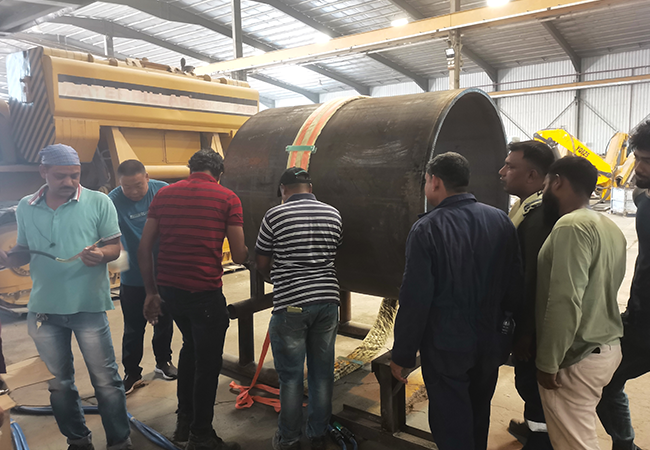
Suhigo Heating Equipment -On-site Inspections in Saudi Arabia
In order to further expand into the international market, meet customer demands for heating equipment, and enhance the influence of the Suhigo brand in the global market, our technical and marketing person conducted in-depth on-site inspections of heating equipment at local factories in Saudi Arabia, achieving remarkable results.
Prior to this field visit, we conducted thorough analysis and research on the needs of Saudi customers, meticulously preparing inspection plans and relevant technical materials. Upon arrival at the local factories in Saudi Arabia, we promptly commenced work, conducting comprehensive and meticulous inspections of the customers' heating equipment.

The marketing person actively engaged in communication with the customers, introducing in detail the advantages and features of Suhigo branded heating equipment, allowing customers to personally experience the high efficiency, superior service, and high quality of Suhigo. Through real-life case studies and data comparisons, customers were fully informed of our products' outstanding performance in terms of performance, stability, and energy efficiency.
Throughout the entire process, we remained customer-centric, patiently answering their questions and fully listening to their opinions and suggestions. This professional, dedicated, and enthusiastic service attitude earned us high recognition and praise from the customers. Ultimately, we reached a preliminary cooperation intention with the customers, laying a solid foundation for further in-depth collaboration.

Through this in-depth on-site inspection work at local factories in Saudi Arabia, we not only showcased the technical strength and service level of Suhigo, but more importantly, gained a profound understanding of the demands and competitive landscape of the international market. This provides invaluable reference for the optimization of our products and the adjustment of our market strategies.

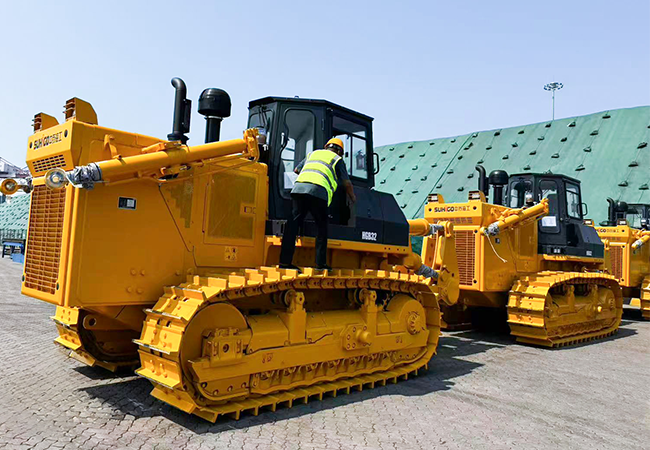
SUHIGO HGB32 Bulldozer Successfully Shipped to UAE, Boosting Infrastructure Development in the Middle East
Recently, the HGB32 series bulldozer, independently designed and developed by SUHIGO, was officially shipped to the UAE, marking a significant step in SUHIGO's global market expansion. With its outstanding performance and reliability, the HGB32 bulldozer will provide strong support for infrastructure construction in the UAE.
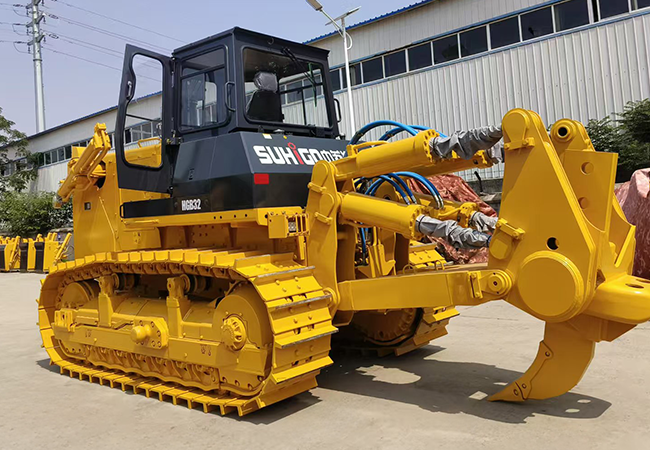
The HGB32 series bulldozer is a high-end construction machinery product independently developed by SUHIGO, integrating power, maneuverability, comfort, and safety. It is suitable for various complex working conditions and performs exceptionally well in large-scale construction projects. Its core advantages include:
Powerful Engine
The HGB32 bulldozer is equipped with a high-performance engine, delivering robust power to easily handle high-intensity operational demands, ensuring maximum construction efficiency.
Flexible Control System
Featuring advanced control technology, it offers simple operation and quick response, significantly reducing operator fatigue while improving operational precision.
Efficient Transmission System
With a self-developed transmission system, it ensures stable and reliable performance, high transmission efficiency, reduced energy consumption, and extended equipment lifespan.
Safe and Comfortable Cab
The hexagonal cab design provides a spacious interior and excellent visibility, ensuring driver safety.
Ergonomic Operation Experience
The electronically controlled hand and foot throttle enable precise and comfortable operation, while the intelligent display terminal and air conditioning system further enhance the driving experience, improving comfort during long working hours.
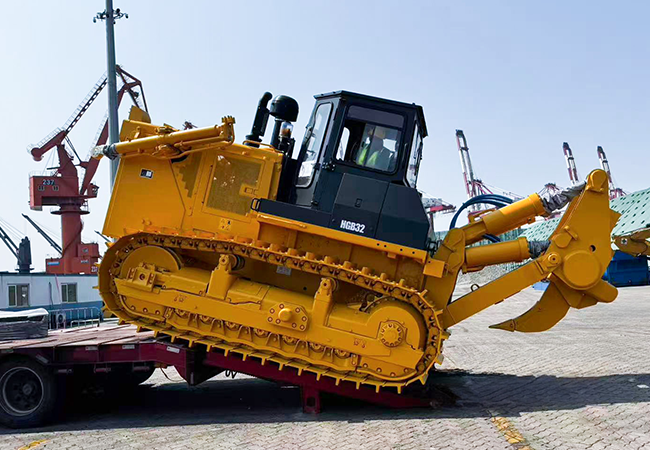
Thanks to its excellent performance, reliable quality, and strong customer reputation, the HGB32 bulldozer has been widely used in engineering projects across multiple countries and regions. Its superior adaptability makes it particularly outstanding in mining, road construction, ports, and large-scale earthmoving projects.
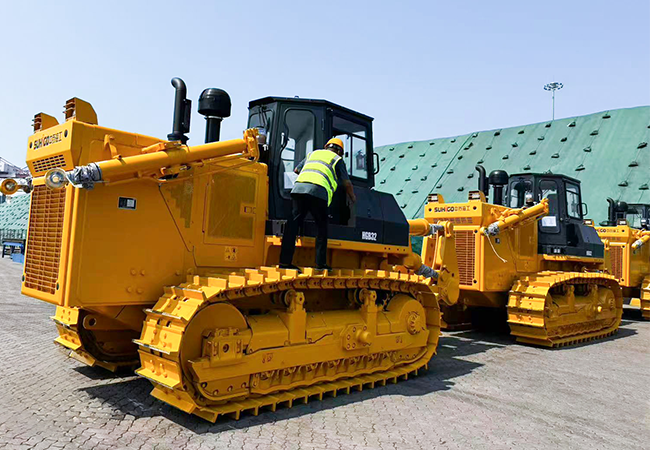
The HGB32 bulldozers shipped to the UAE will further meet local customers' demand for efficient and reliable construction equipment. As a key economic hub in the Middle East, the UAE has seen continuous growth in infrastructure development needs in recent years. SUHIGO's HGB32 bulldozers will provide robust support for its urbanization and major construction projects.
A SUHIGO representative stated: "The successful entry of the HGB32 bulldozer into the UAE market is a crucial milestone in SUHIGO's globalization strategy. We will continue to optimize product performance and enhance service quality to provide global customers with superior construction machinery solutions."
Moving forward, SUHIGO will remain committed to technological innovation, expand its international market presence, and promote high-end Chinese construction machinery worldwide, contributing to global infrastructure development.
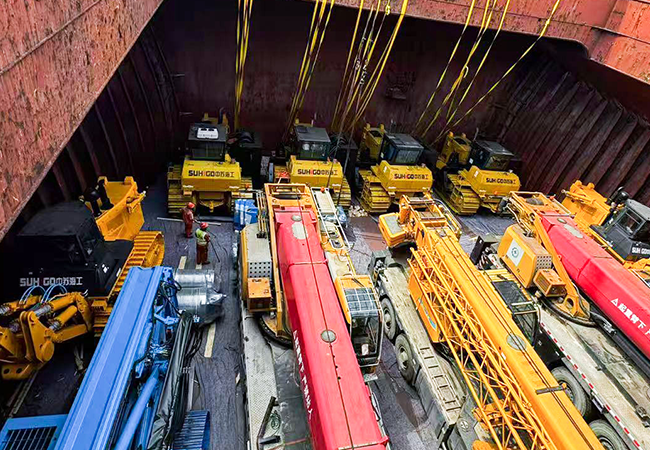
About SUHIGO
SUHIGO is an international specialized manufacturer, technical service provider, and leasing company for pipeline construction equipment. The company is located in the Economic Development Zone of Langfang City, Hebei Province, with a production facility spanning 50,000 square meters and over 200 employees. It has obtained ISO9001 Quality Management System Certification, ISO14001 Environmental Management System Certification, GB/T28001 Occupational Health and Safety Management System Certification, EU CE Certification, and is recognized as a High-Tech Enterprise, Specialized and Sophisticated SME, and Technology-Based SME. As a pipeline equipment R&D center, SUHIGO has become a professional company with independent R&D, design, manufacturing, and intellectual property rights in pipeline construction equipment.

 Hello! I am the Oriental ChatBot. Just let me know what you need, and I will be happy to help.
Hello! I am the Oriental ChatBot. Just let me know what you need, and I will be happy to help.
 Choose your Language preference.
Choose your Language preference.